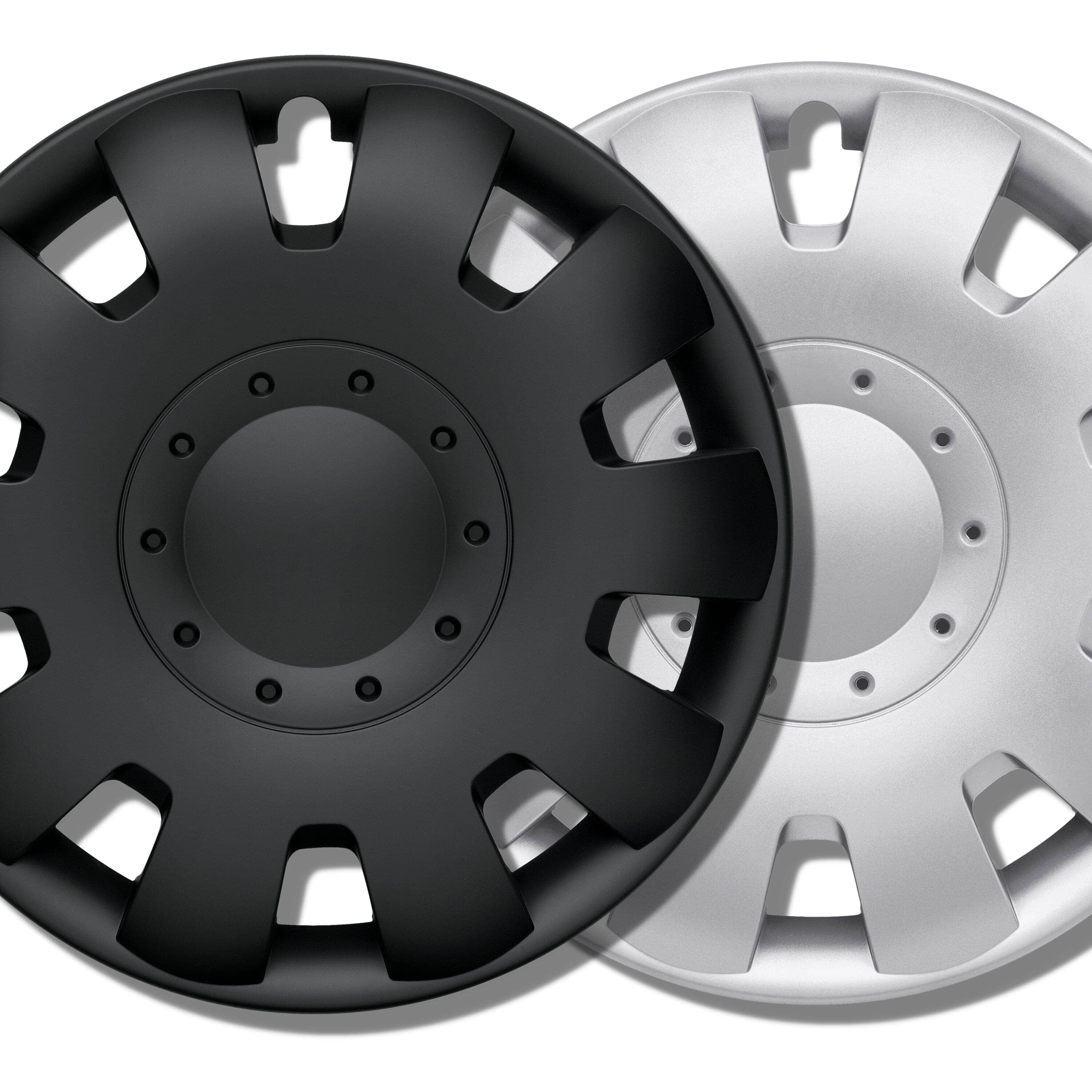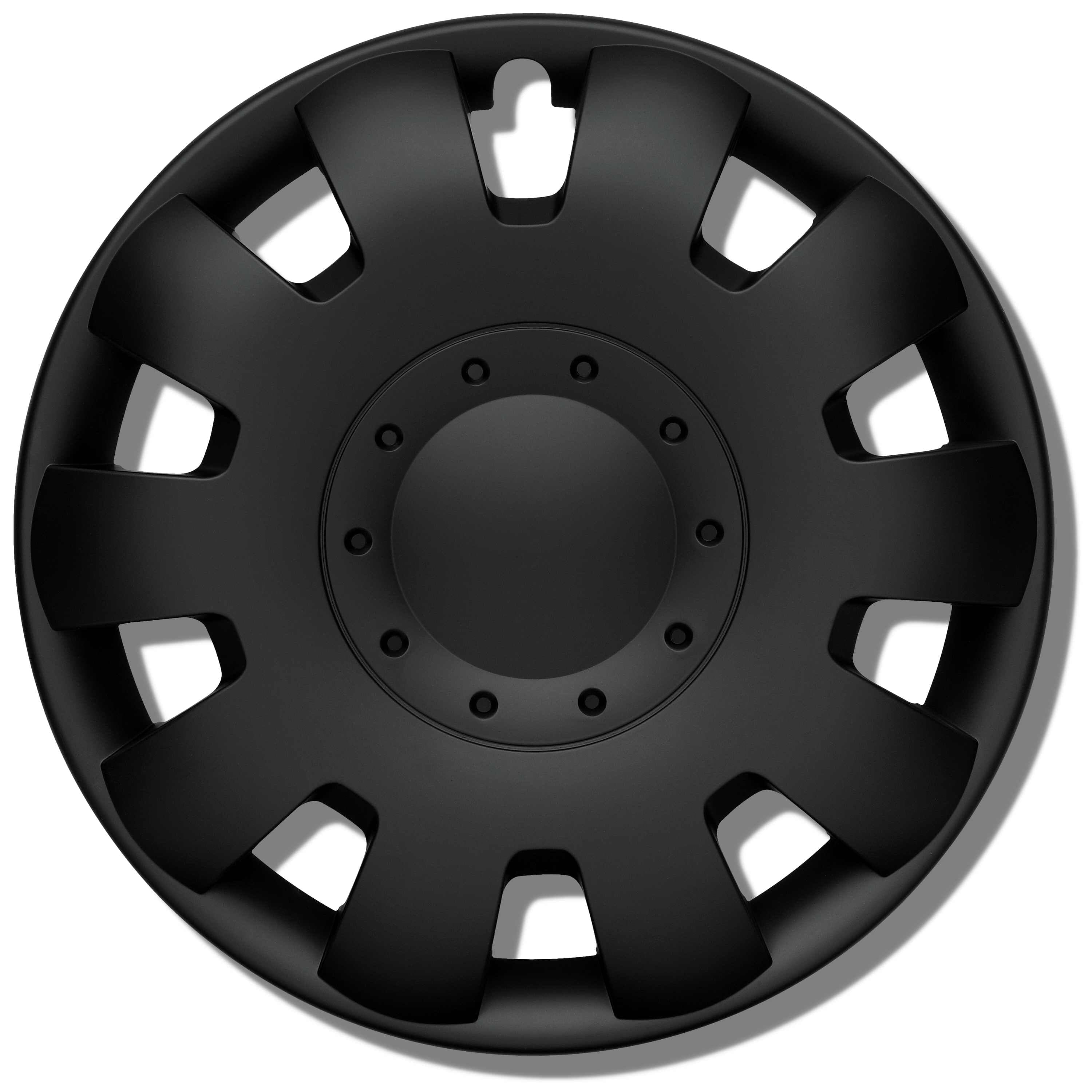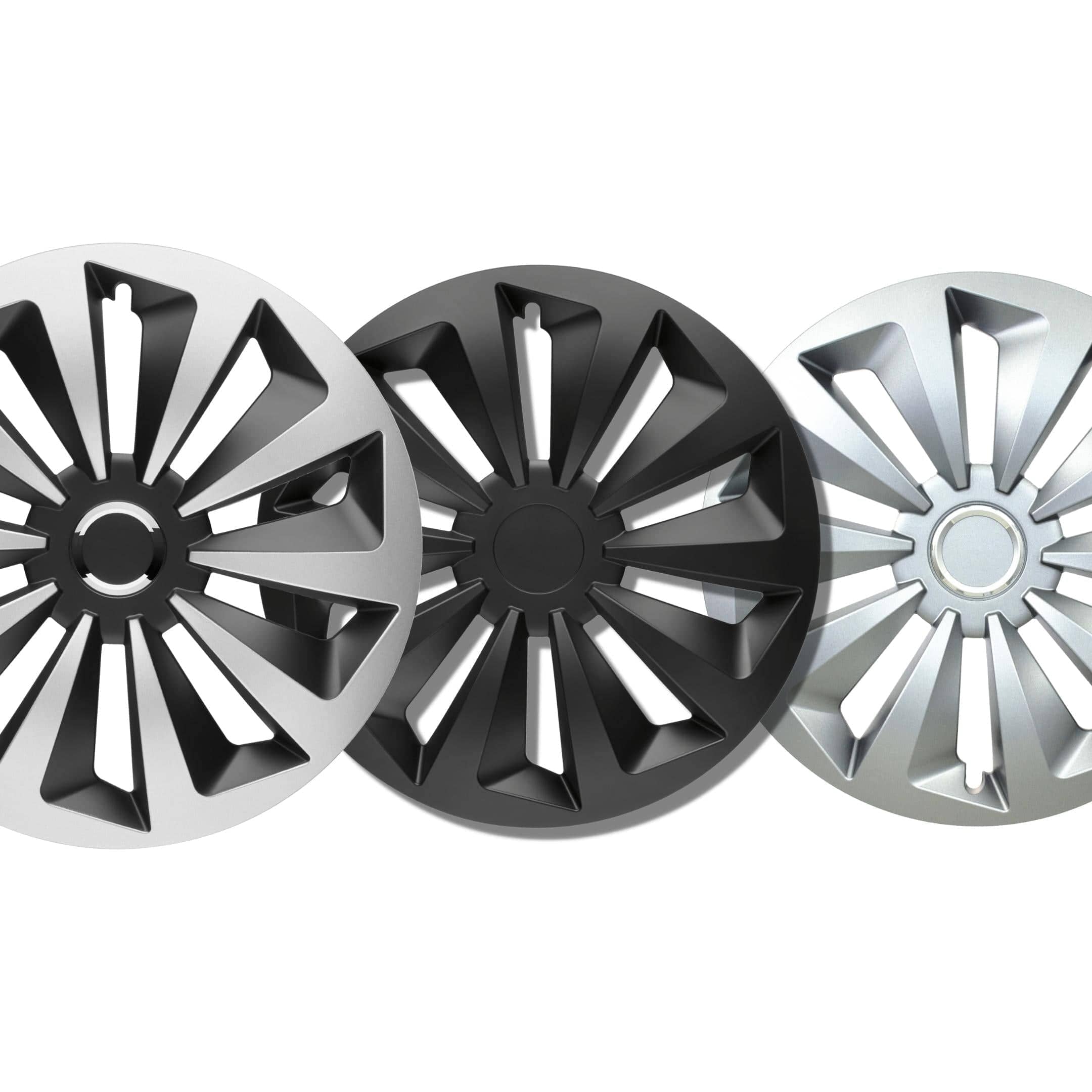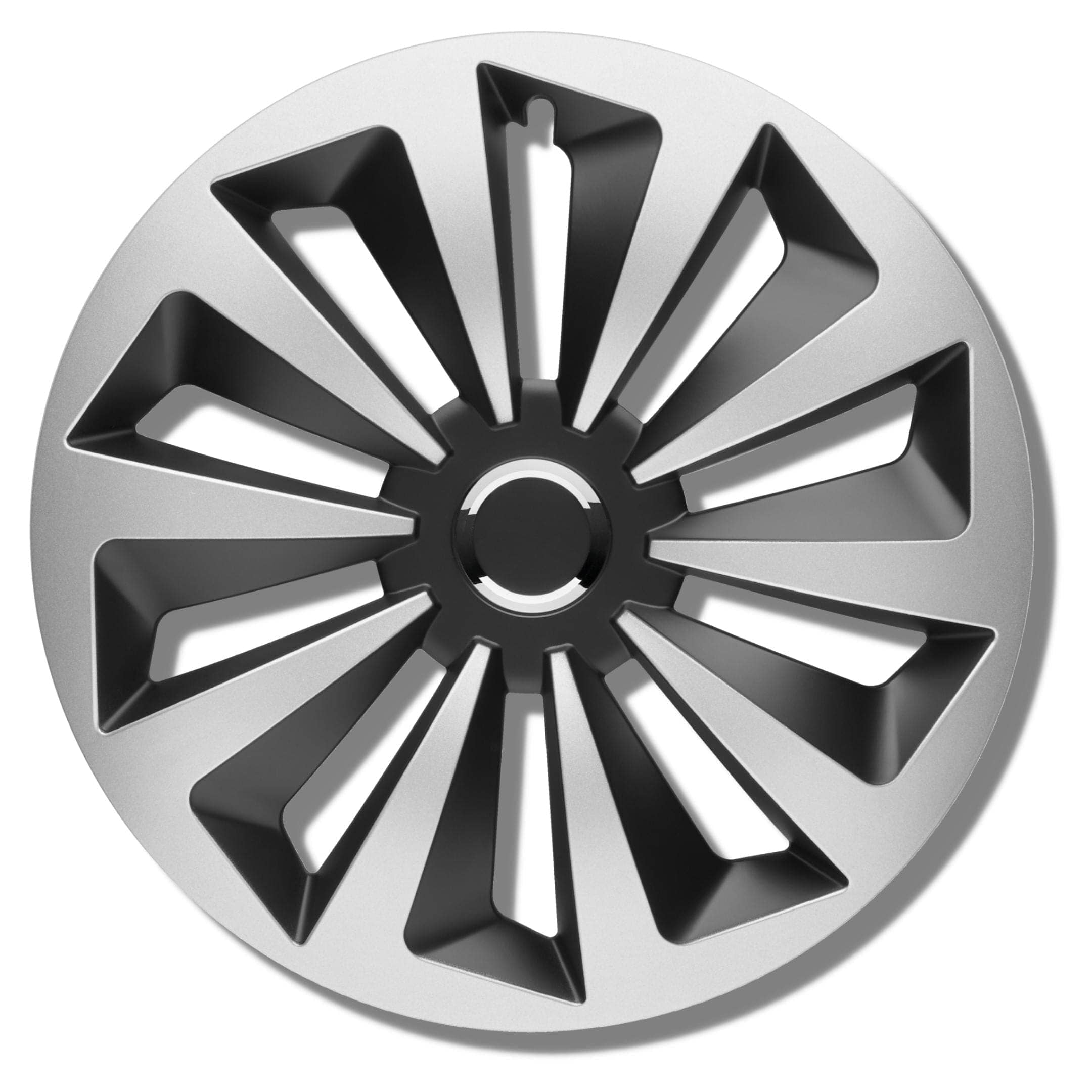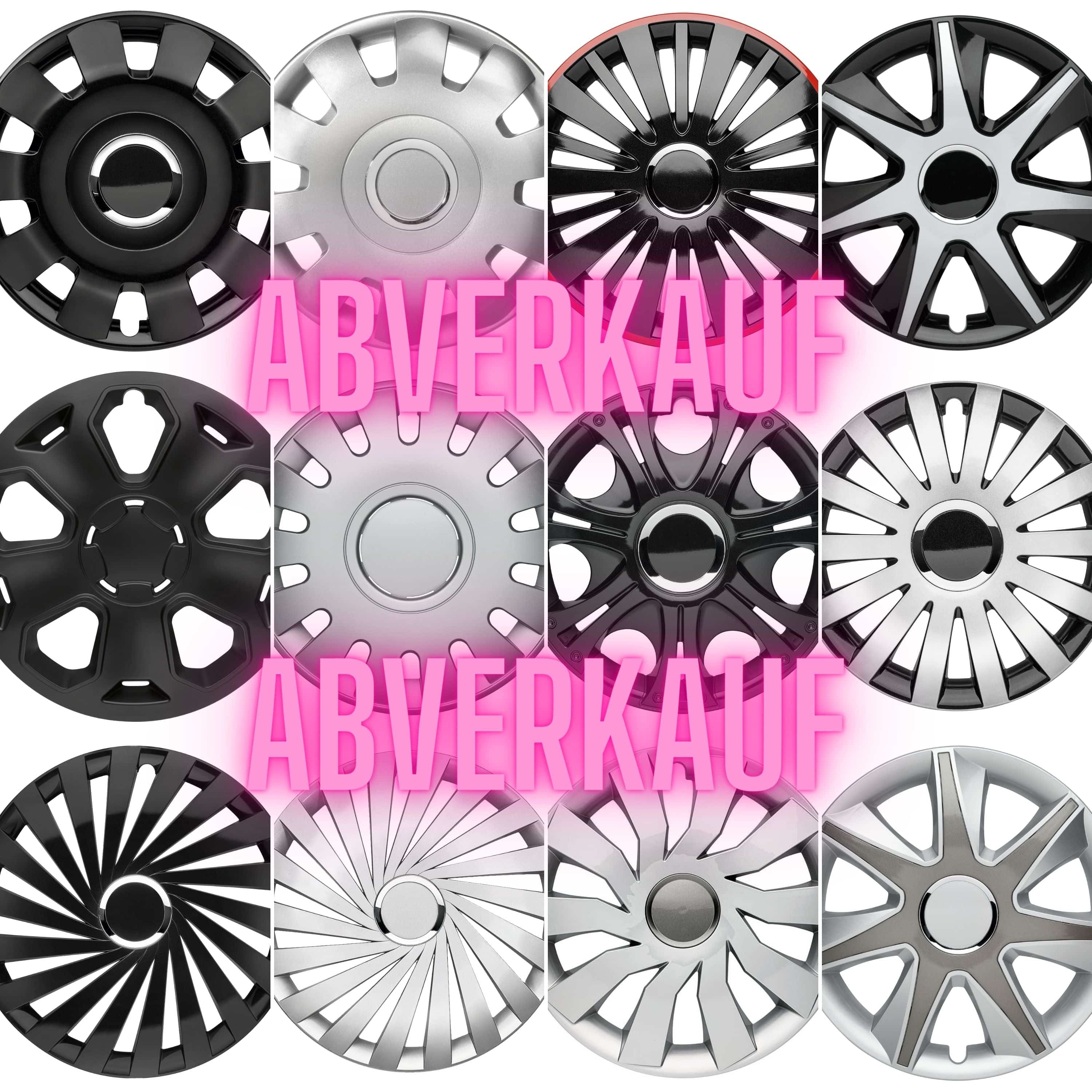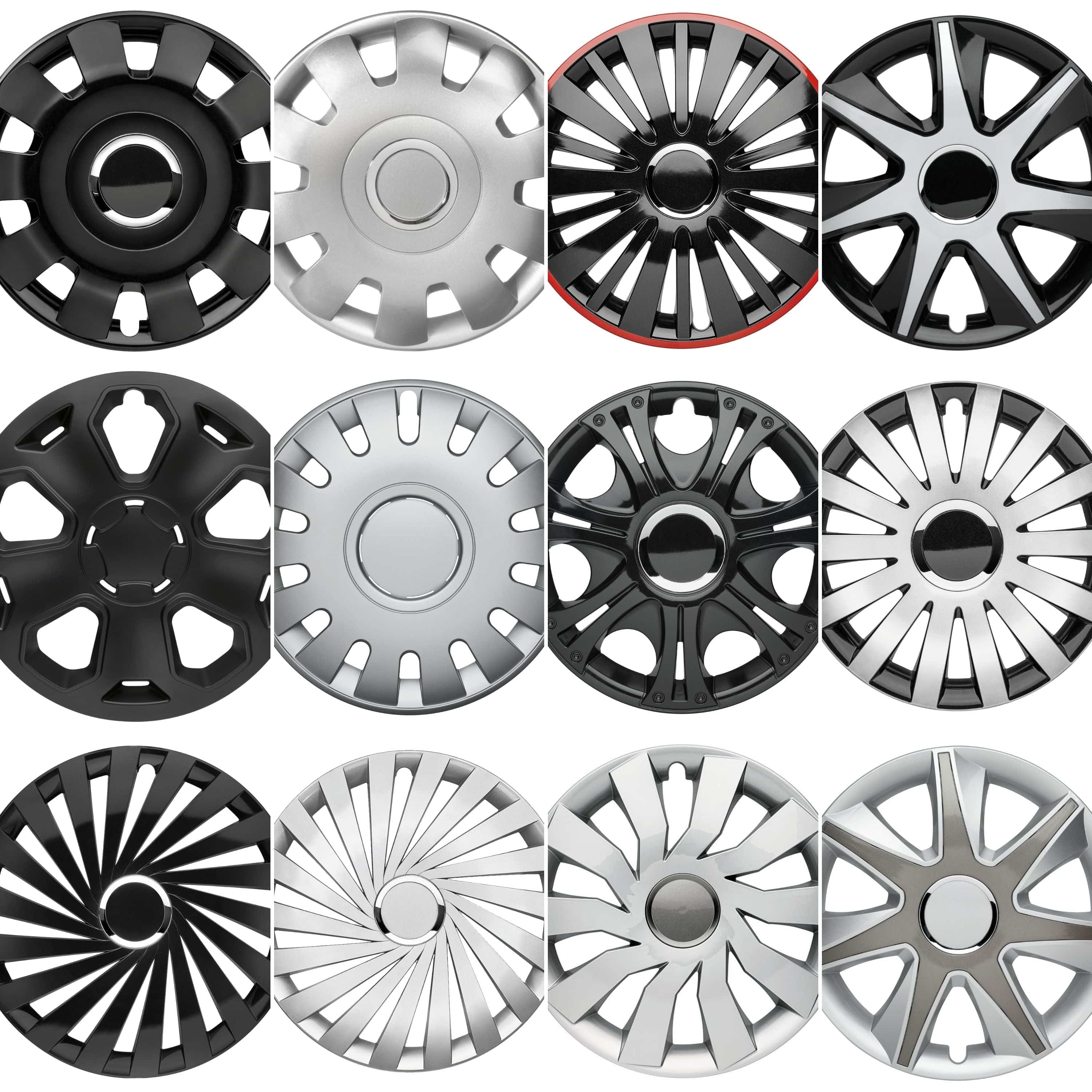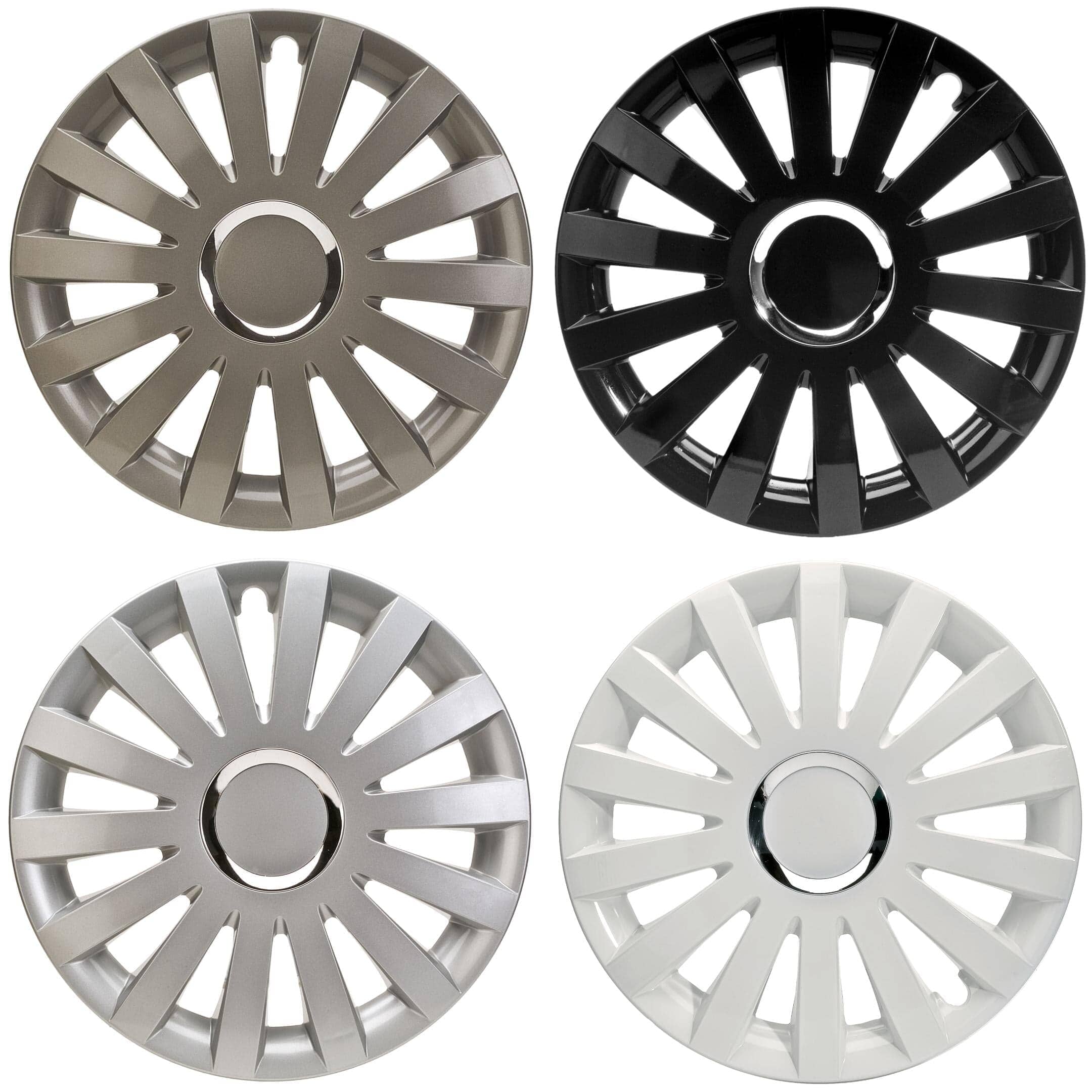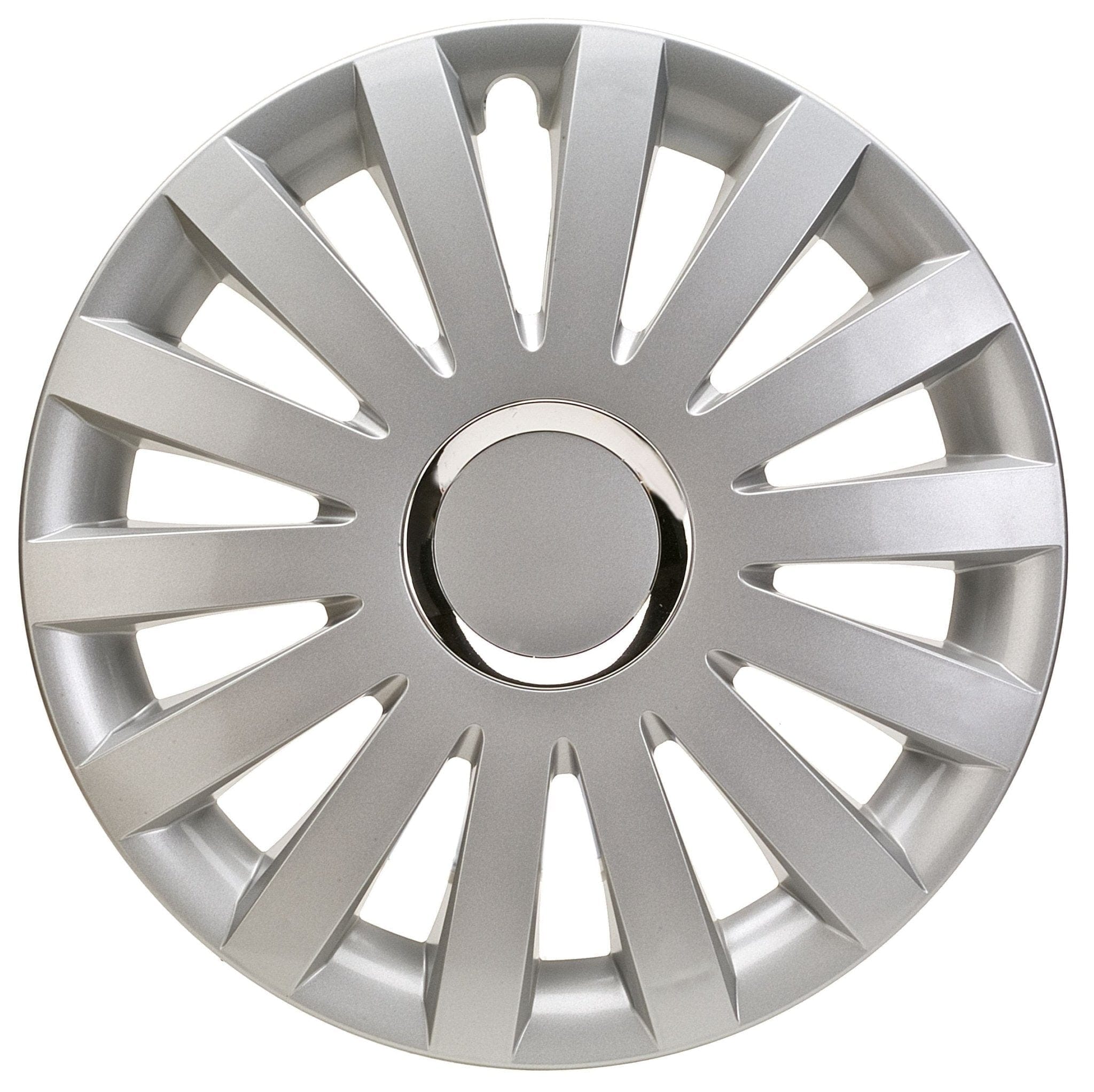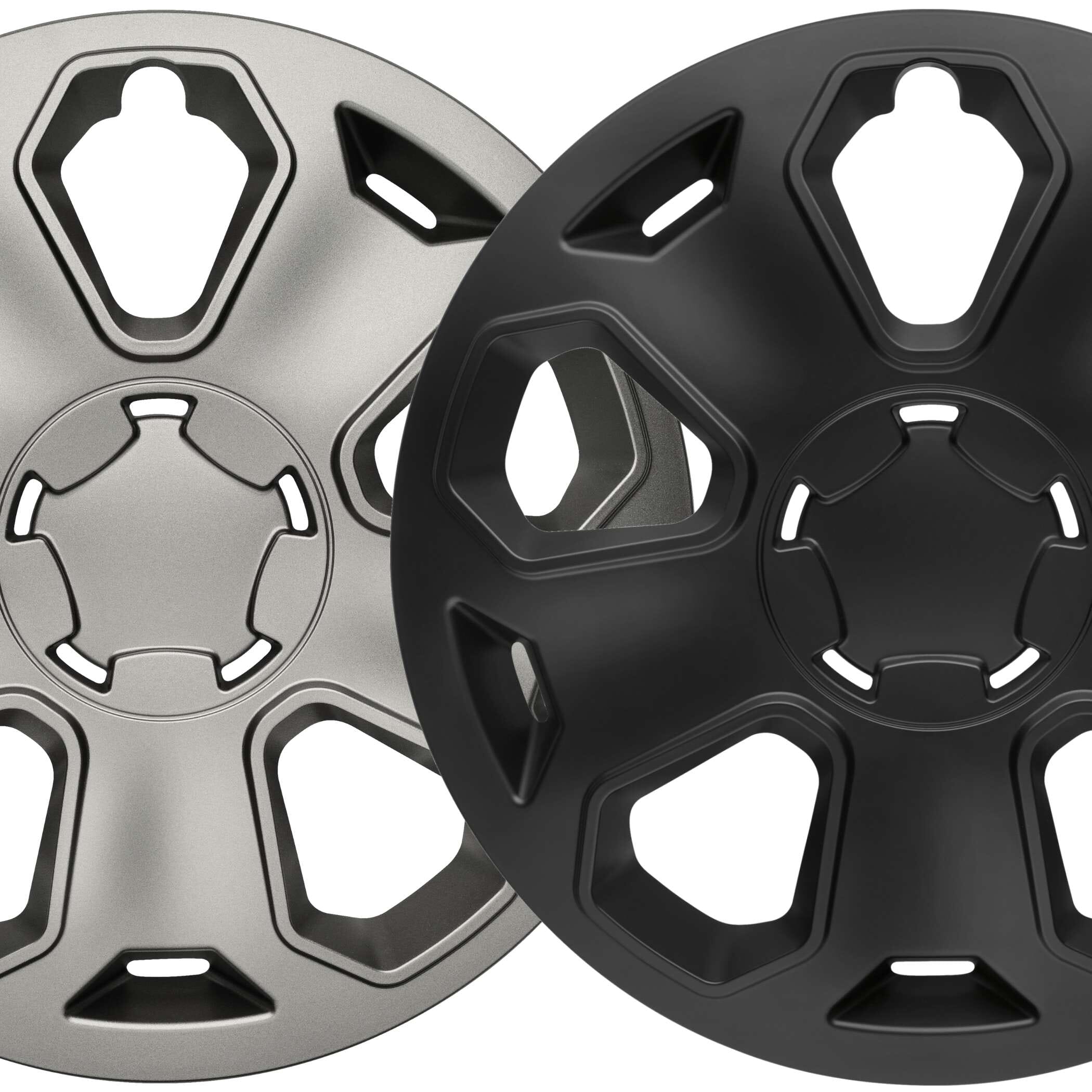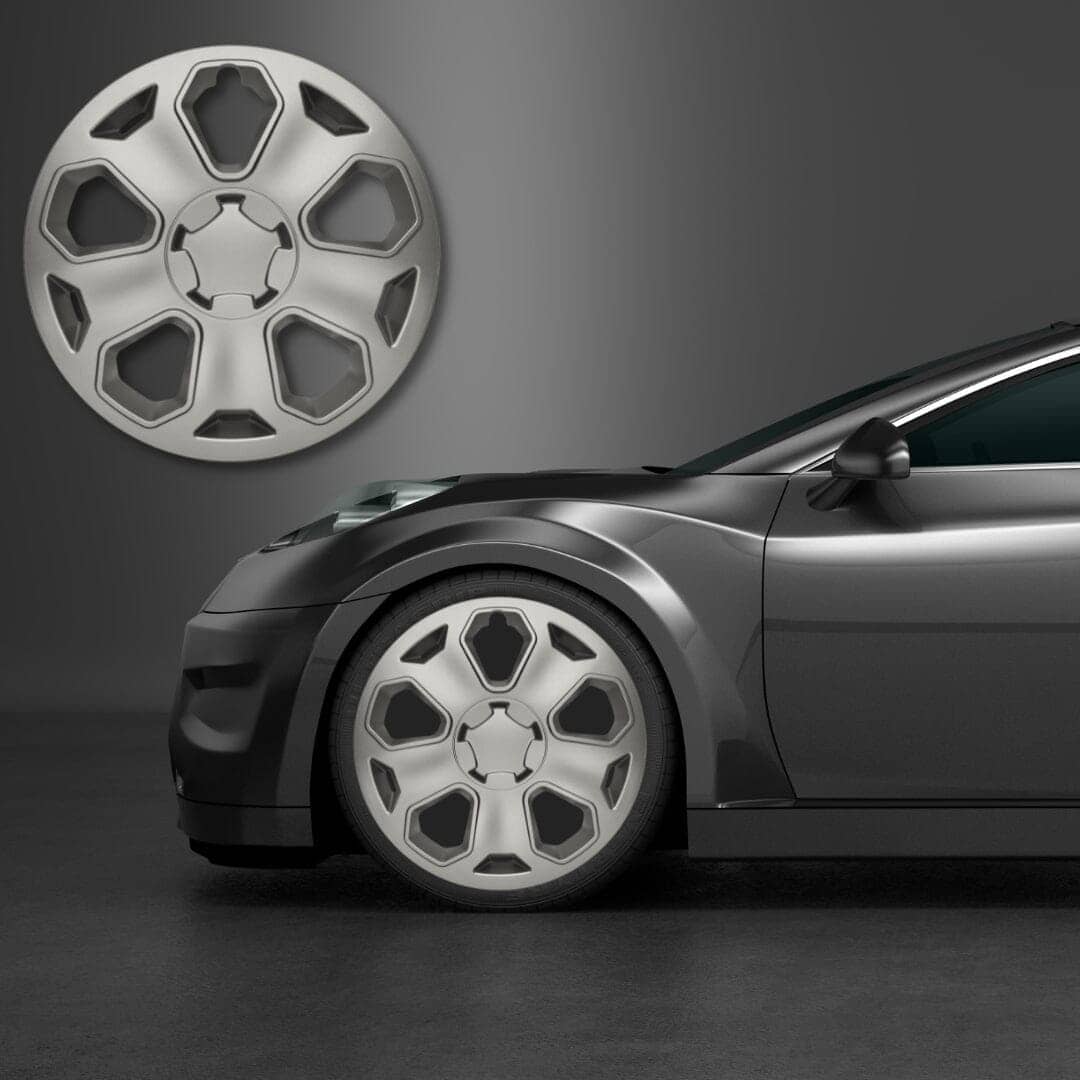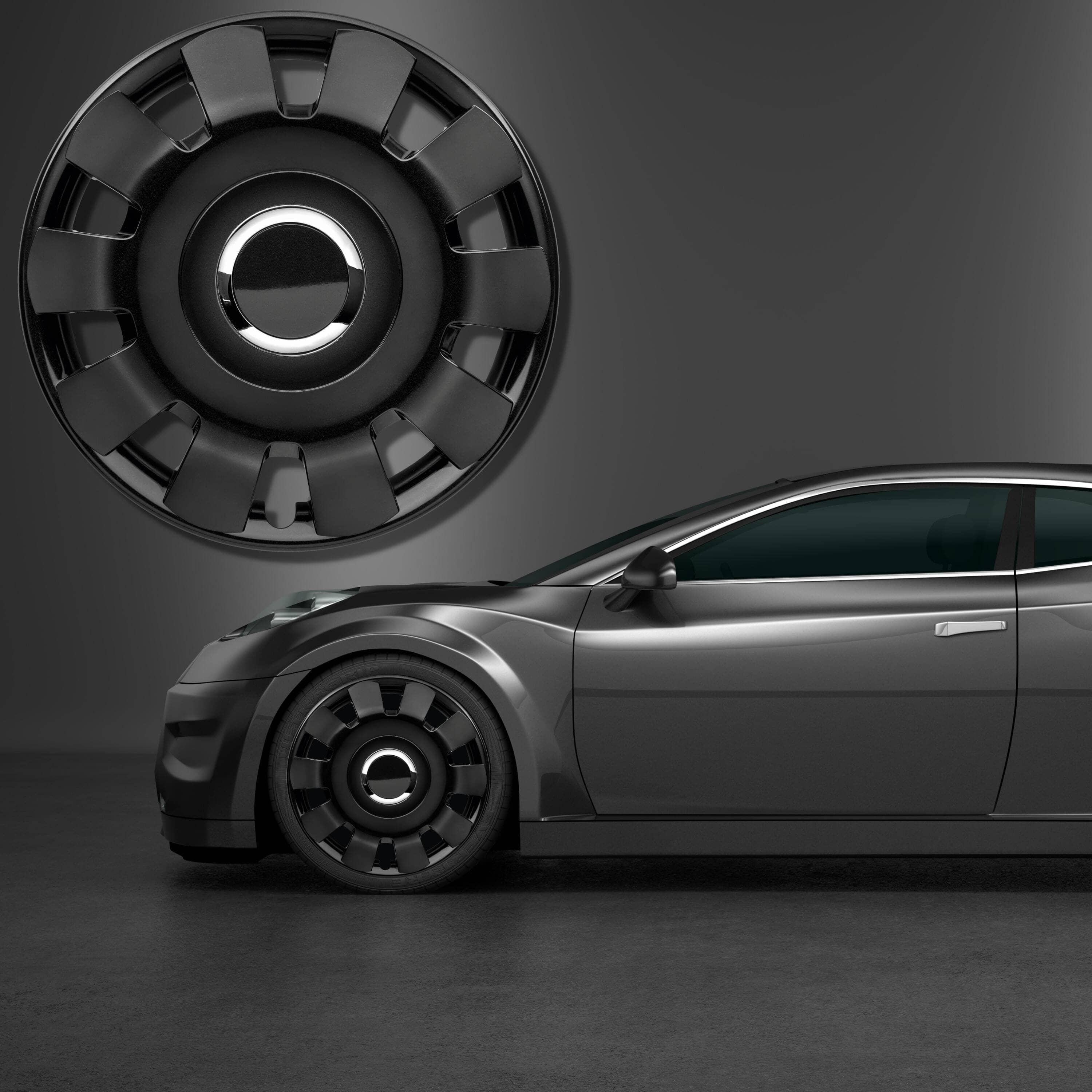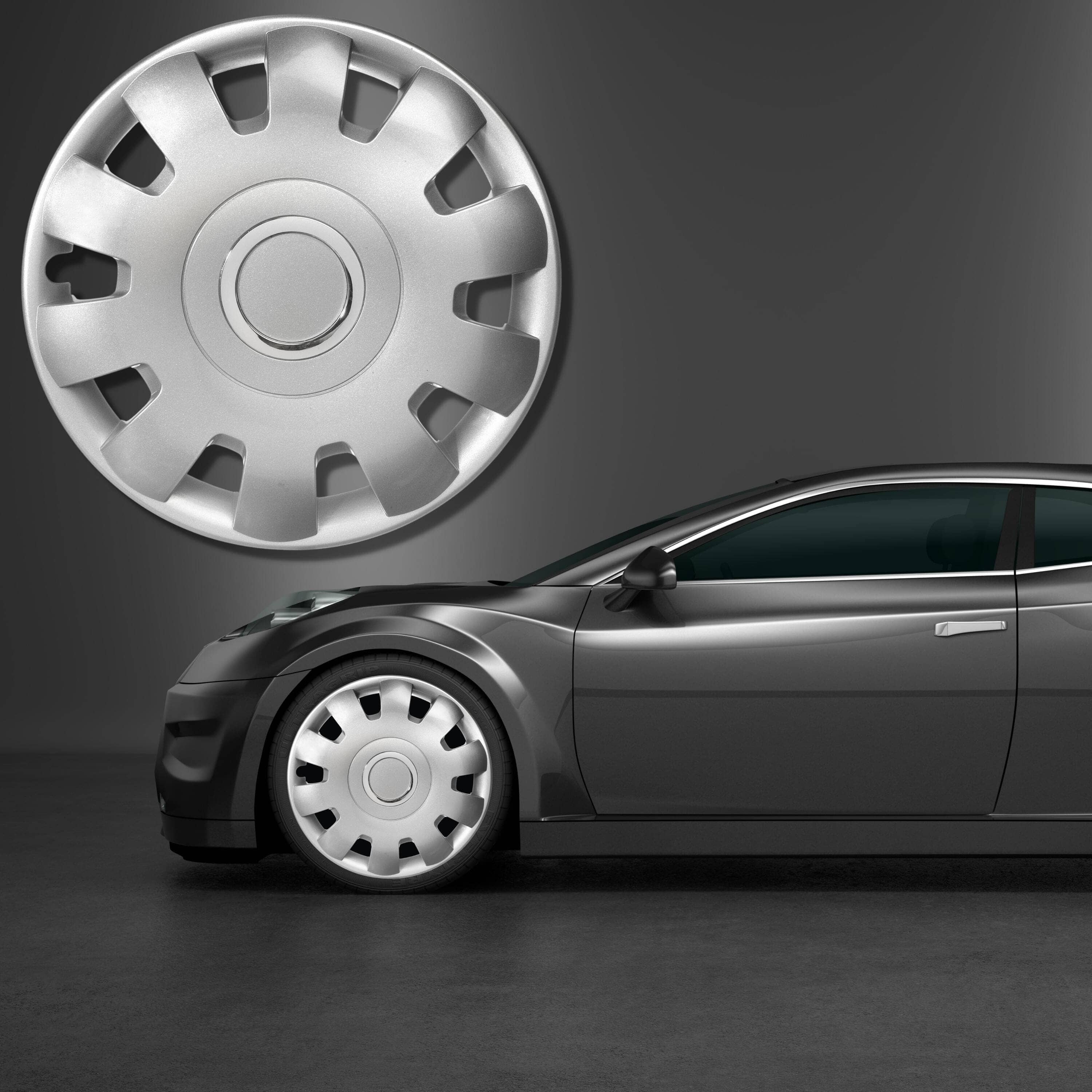Article: The variety of rims: sizes, materials and the best choice for winter
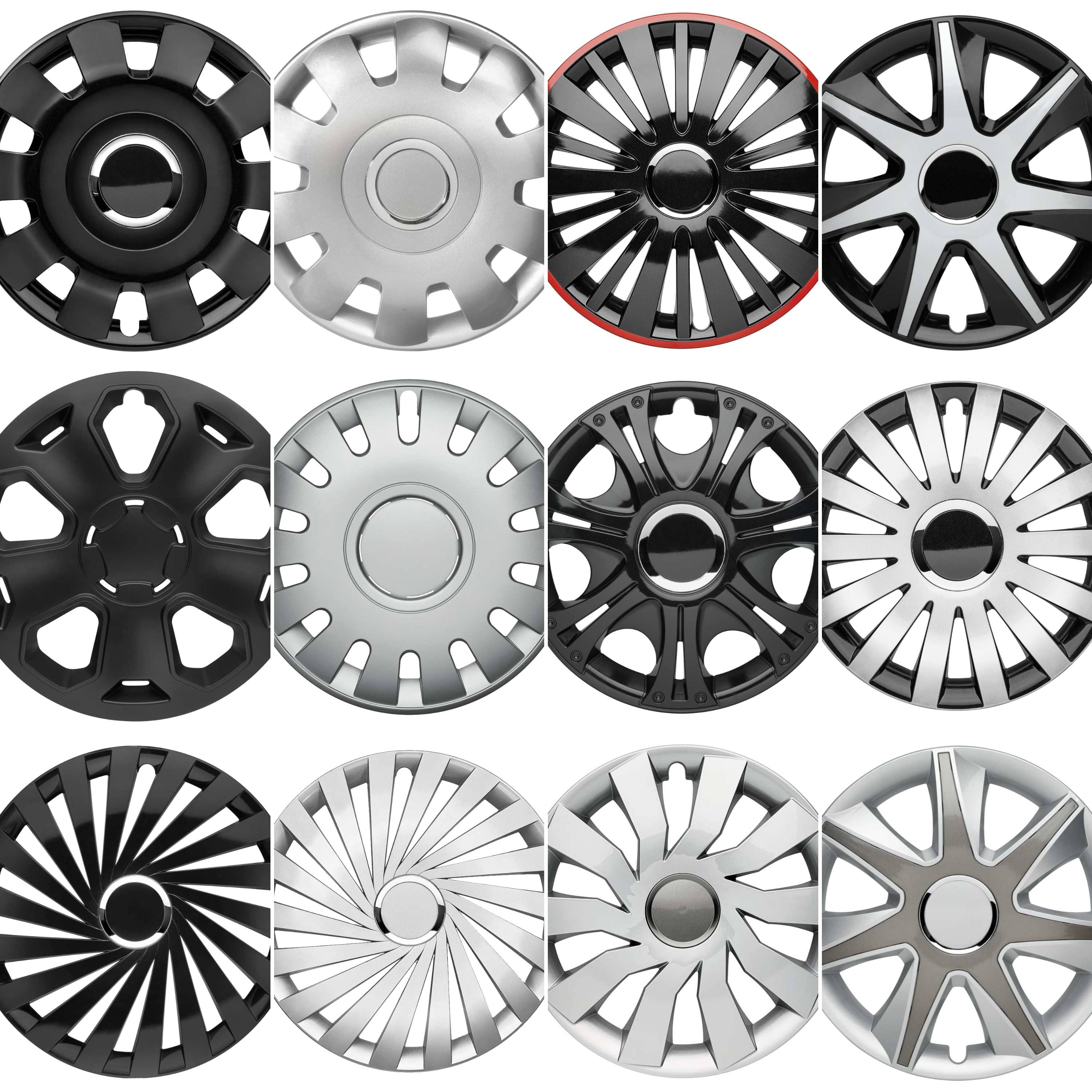
The variety of rims: sizes, materials and the best choice for winter
Rims are not only a functional element of a vehicle, but also a stylish accessory that affects the aesthetics and performance of your car. In this blog post, we take a look at the different types of rims, their sizes, the materials used and why certain rims are preferred in winter.
Diverse rim types for different needs:
Rims not only serve to hold a vehicle's wheels together, but also affect its overall performance. There are different types of rims that can be selected depending on the intended use and aesthetic preferences.
-
Steel rims: Steel rims are a popular choice for many car owners due to their durability and resilience. They are usually less expensive than other materials and are well suited for everyday use or driving in urban areas.
-
Aluminum rims: Aluminum rims are lighter than steel rims and offer better heat dissipation, which is especially beneficial for high-performance vehicles. They are available in a variety of designs and finishes and give the car a modern and sleek look.
-
Magnesium rims: Magnesium rims are even lighter than aluminum rims and are often used in high-performance vehicles or racing cars. They offer excellent performance, but are also more expensive and require careful maintenance.
-
Carbon rims: Carbon rims are the lightest and most expensive of the rim materials. They are often used in supercars and high-performance vehicles because they reduce vehicle weight and improve performance.
Different rim sizes for different vehicle types:
Rim sizes are measured in inches and affect the tire size that can be mounted on the rim. There are a variety of rim sizes that can vary depending on the type of vehicle and its intended use.
-
15 inch rims: They are often found in compact vehicles and small cars. They offer a good balance between comfort and handling.
-
16 inch rims: This size is widely used and fits well with most mid-range vehicles. They offer a good combination of comfort and sporty appearance.
-
17 inch rims: 17 inch rims are often used in sports sedans and SUVs. They offer improved stability and a sportier look.
-
18 inches and larger: Larger rims are often used in high-performance vehicles and luxury cars. They improve roadholding and give the car an impressive appearance.
Why special rims are preferred in winter:
Winter brings special challenges for vehicle control, especially in snow, ice and wet roads. Therefore, many drivers prefer to use special winter rims for this time of year.
-
Steel rims with winter tires: Steel rims are a popular choice for winter due to their robustness and durability. They are less susceptible to damage from potholes or road salt. When combined with winter tires, they offer improved traction and braking performance on winter road conditions.
-
Aluminum rims with winter tires: Some drivers also prefer aluminum rims in winter because they are lighter and can improve the handling of the vehicle. However, it is advisable to maintain them carefully to prevent corrosion from road salt.
Conclusion:
The right rims are not only a stylish addition to your vehicle, but also crucial to its performance and safety. Steel rims offer a durable and cost-effective option, while aluminum, magnesium and carbon rims offer specific benefits for different vehicle types and uses. In winter, steel rims with winter tires are often the preferred choice to ensure optimal traction and safety on slippery roads. Whatever rims you choose, always remember to maintain and care for them regularly to extend their lifespan and maintain optimal performance. Hubcaps protect

